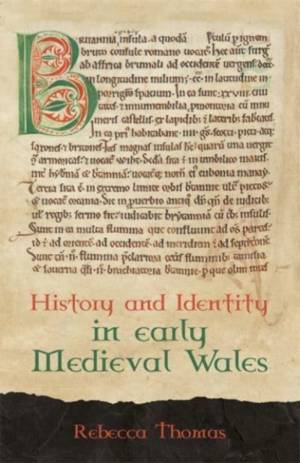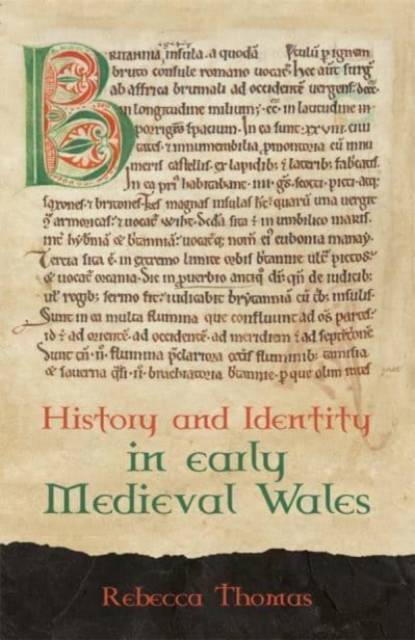
Bedankt voor het vertrouwen het afgelopen jaar! Om jou te bedanken bieden we GRATIS verzending (in België) aan op alles gedurende de hele maand januari.
- Afhalen na 1 uur in een winkel met voorraad
- In januari gratis thuislevering in België
- Ruim aanbod met 7 miljoen producten
Bedankt voor het vertrouwen het afgelopen jaar! Om jou te bedanken bieden we GRATIS verzending (in België) aan op alles gedurende de hele maand januari.
- Afhalen na 1 uur in een winkel met voorraad
- In januari gratis thuislevering in België
- Ruim aanbod met 7 miljoen producten
Zoeken
Omschrijving
Early medieval writers viewed the world as divided into gentes ("peoples"). These were groups that could be differentiated from each other according to certain characteristics - by the language they spoke or the territory they inhabited, for example. The same writers played a key role in deciding which characteristics were important and using these to construct ethnic identities. This book explores this process of identity construction in texts from early medieval Wales, focusing primarily on the early ninth-century Latin history of the Britons (Historia Brittonum), the biography of Alfred the Great composed by the Welsh scholar Asser in 893, and the tenth-century vernacular poem Armes Prydein Vawr ("The Great Prophecy of Britain"). It examines how these writers set about distinguishing between the Welsh and the other gentes inhabiting the island of Britain through the use of names, attention to linguistic difference, and the writing of history and origin legends. Crucially important was the identity of the Welsh as Britons, the rightful inhabitants of the entirety of Britain; its significance and durability are investigated, alongside its interaction with the emergence of an identity focused on the geographical unit of Wales.
Specificaties
Betrokkenen
- Auteur(s):
- Uitgeverij:
Inhoud
- Aantal bladzijden:
- 222
- Taal:
- Engels
- Reeks:
- Reeksnummer:
- nr. 44
Eigenschappen
- Productcode (EAN):
- 9781843846277
- Verschijningsdatum:
- 12/04/2022
- Uitvoering:
- Hardcover
- Formaat:
- Genaaid
- Afmetingen:
- 154 mm x 238 mm
- Gewicht:
- 498 g

Alleen bij Standaard Boekhandel
+ 354 punten op je klantenkaart van Standaard Boekhandel
Beoordelingen
We publiceren alleen reviews die voldoen aan de voorwaarden voor reviews. Bekijk onze voorwaarden voor reviews.









